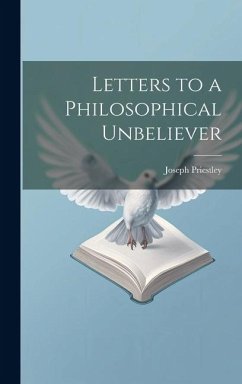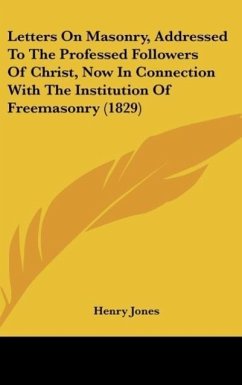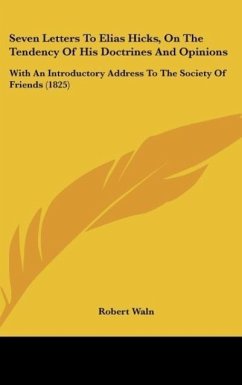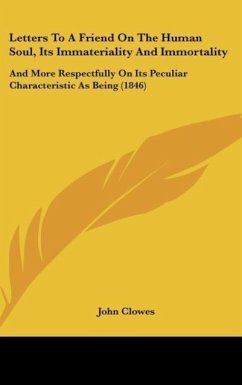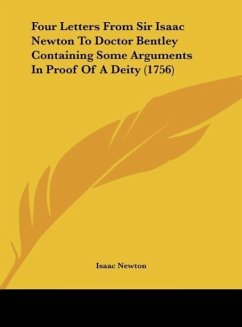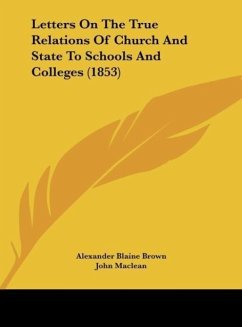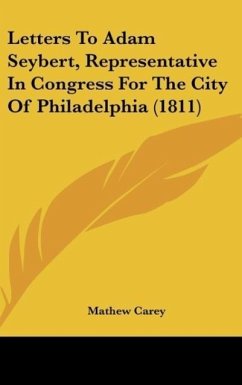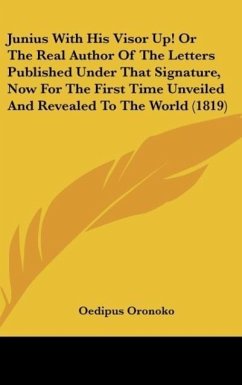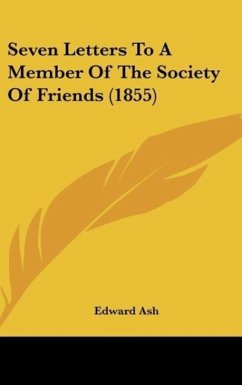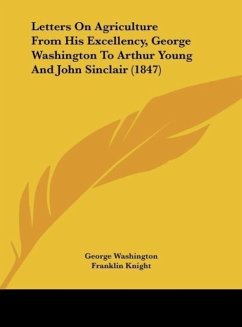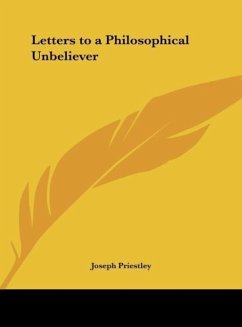
Letters to a Philosophical Unbeliever

PAYBACK Punkte
23 °P sammeln!
1787. Found in this book are Parts I and II of the original work. Part I is an examination of the principal objections to the doctrines of natural religion and especially those contained in the writings of Mr. Hume. Part II contains a state of the evidence of revealed religion, with animadversions on the two last chapters of the first volume of Mr. Gibbon's History of the Decline and Fall of the Roman Empire. Due to the age and scarcity of the original we reproduced, some pages may be spotty, faded or difficult to read. Old English text.



